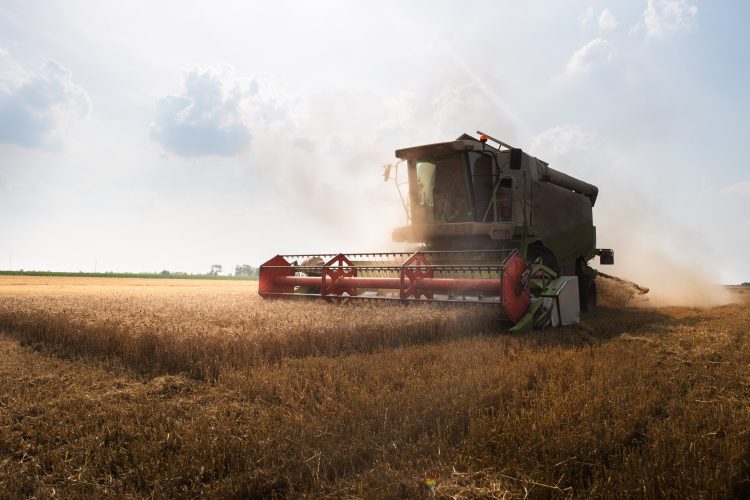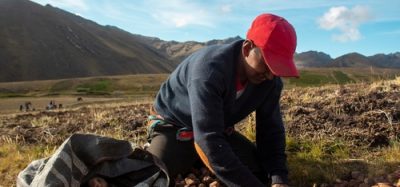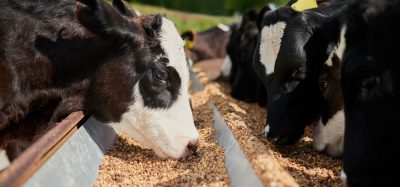Launched in January 2024, the Strategic Dialogue, chaired by Professor Peter Strohschneider, brought together 29 key stakeholders from the European agri-food sectors, civil society, rural communities, and academia to establish a common understanding and vision for the future of the EU’s farming and food systems.
The report entitled “A Shared Prospect for Farming and Food in Europe,” presents an assessment of the challenges and opportunities for creating a more sustainable, resilient, and equitable agricultural system in the European Union.
Assembling Five Key Pillars
- Working together for a sustainable, resilient, and competitive future: This section addresses the need to adapt the Common Agricultural Policy (CAP) within the ongoing transition towards more sustainable and competitive food systems. It highlights the importance of strengthening farmers’ positions within the food value chain, improving access to finance, and emphasising the role of trade and international standards.
- Advancing towards sustainable agri-food systems: These recommendations focus on supporting and promoting sustainable farming practices, including livestock farming, and advocate for increased awareness of animal welfare. The report also calls for empowering consumers to make sustainable and balanced dietary choices.
- Promoting transformative resilience: In light of growing environmental, climate, geopolitical, and economic risks, this section stresses the need to strengthen risk and crisis management tools, better preserve and manage farmland, promote water-resilient agriculture, and develop innovative plant breeding techniques.
- Building an attractive and diverse sector: This part details the importance of generational renewal, gender equality, and vibrant rural areas. It also highlights the need to protect workers in the agri-food sector.
- Better access to and use of knowledge and innovation: The report concludes that improving access to knowledge and skills, as well as embracing digitalisation, represents a significant opportunity for the sector.
Shaping the future of EU agriculture
The Dialogue’s report acknowledges that food and agricultural production are fundamental to European society and security, and views the diversity of European food and farming as a valuable asset.
There is broad agreement among members of the Strategic Dialogue that economic, environmental, and social sustainability in the agri-food sector can reinforce one another, particularly when supported by coherent policy measures. The role of markets, dietary habits, and innovation in driving sustainability is also emphasised.
These recommendations will guide the European Commission’s work in shaping its vision for agriculture and food, which is due to be delivered within the first 100 days of President von der Leyen’s second term.
Upon receiving the report, President von der Leyen congratulated the members of the Strategic Dialogue for their “important work”.
She added: “The outcome of this Strategic Dialogue shows that it’s possible to move beyond a polarised debate and create trust among very diverse stakeholders. The Commission will now take a careful look at their ideas. We all want a thriving food and farming sector across our continent, that rewards our farmers, citizens, and precious natural heritage. With this report, we have a very solid foundation for the development of a new vision for food and farming in Europe.”











